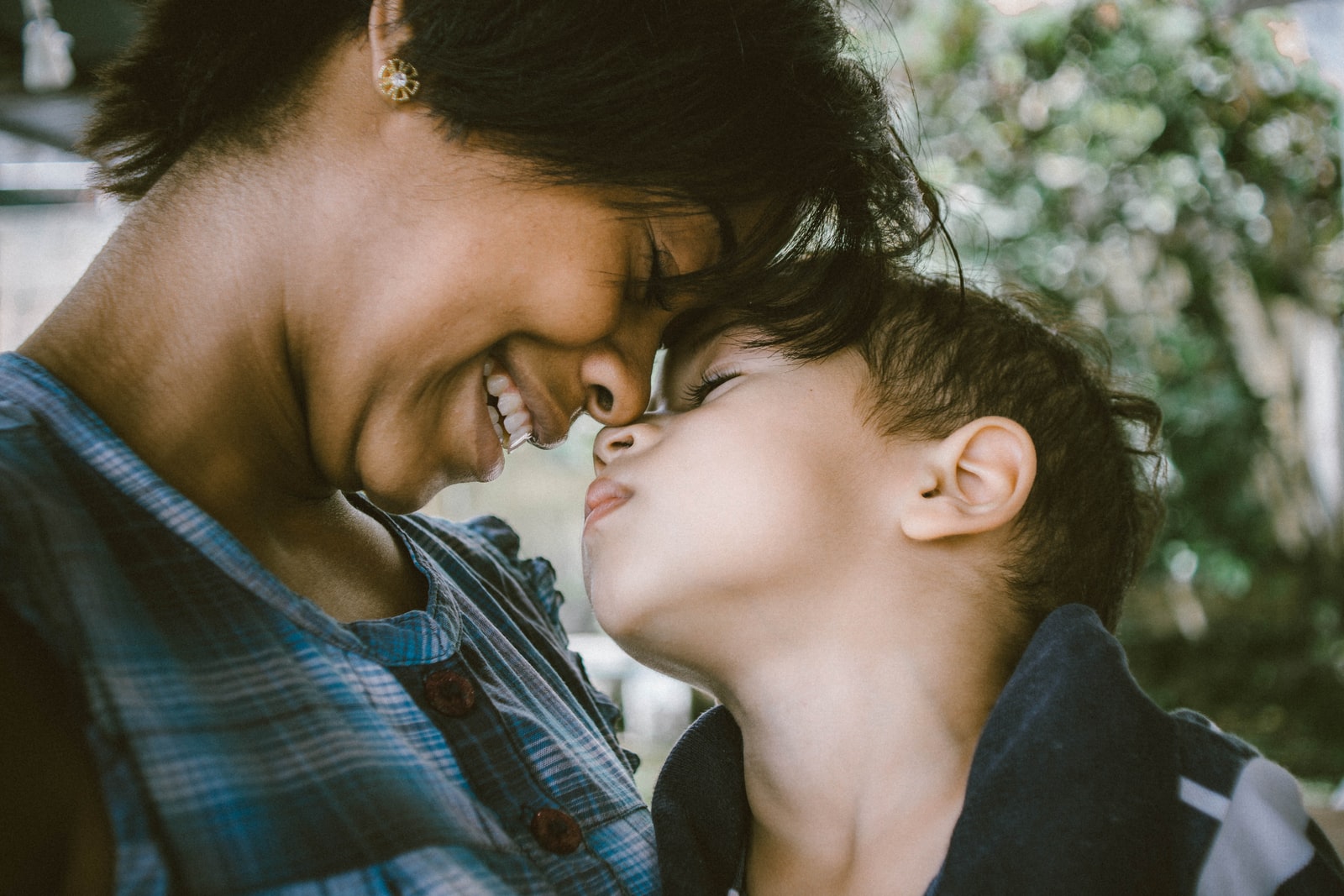Parenting styles are a set of techniques based on psychology that parents implement while raising their children. However, not all parenting methods are beneficial to youngsters.
To guarantee that a youngster becomes morally upright and intellectually bright, psychologists advocate an all-inclusive approach to parenting and good parenting skills.
The ideal parenting style is concerned with all elements of a kid’s successful transition into adulthood.
Which Parenting Style Do Child Psychologists Prefer?
Child psychotherapists advocate authoritative parenting style as the most effective and preferred style of parenting. Authoritative parenting encourages your youngster to have a healthy, successful life physically, cognitively, emotionally, socially, and academically.
You set yourself apart from an authoritarian parents by demanding a lot from your child while also providing more. However, mastering the authoritative parenting style is difficult and requires a great deal of self-control, mental resilience, time, and energy.
Be a parent rather than a dictator. Work to achieve mutual agreement on rules as well as other aspects of life. Consistently provide nurturing and communication to help them improve their behavioral control and emotional stability.
Paying Attention to your Children’s Psychology
If you want your children to have a healthy physical, emotional, and mental life, you must concentrate on their psychological development. A child psychologist is useful in understanding how your interaction with your child affects them and why they behave the way they do.
There is a link between certain behavioral disorders and the parenting techniques you use. As a result, recognizing abnormalities in your parenting style might assist you in better comprehending your kids.
Furthermore, you can learn to interact and communicate with them in a more positive and constructive manner.
You may also assist your kid develop robust coping strategies in challenging circumstances if you understand their minds. The following are some of the most prevalent problems caused by poor parenting techniques.
- Aggression
- Depression
- Anxiety
- ADHD
- Learning issues
- Hyperactivity
Parenting Style and Role in Child’s Development
Your child’s development is influenced by a variety of factors, including your parenting style. Let us take a look at how this affects everything from physical to emotional to cognitive growth.
Cognitive Effects of Parenting Style
Did you know that newborns are aware of their surroundings and show curiosity? It may come as a surprise, but it is true. Your infant’s cognitive capacity to understand and observe will be affected by how you parent them.
Additionally, it will influence their language learning, decision making, memory storage and retrieval, and creativity.
Emotional Effects of Parenting Style
Emotional growth in a child refers to emotions, feelings, and the comprehension of them as well as their expression. You can see this by looking at your child’s basic emotions such as anger, joy, fear, or sadness. Emotional development also ties in with social development because face-to-face interaction helps your kid learn more complex sentiments.
The guilt and self-esteem systems are most likely the most painful reactions in second stage infidelity, which is why they need to be addressed first. Here’s a brief guide of what each type entails.
It’s not the time to start screaming. Consider this: when you chastise your children for being obnoxious, misbehaving, or in the wrong line by shouting at them, aren’t you contradicting yourself? Even if the youngster is scared into obedience when young, they may develop a hatred of you and other behavioral issues.
As a result, it is critical for you to focus on your child’s emotional development, and the greatest approach to do so is through a healthy and positive parenting style.
Parenting Style and Social Development of a Child
their value formation, social awareness, and mingling skills. Your child can relate to people around them, such as who is in command, who has power, peers, and whom to avoid, such as strangers.
Furthermore, the right type of parenting encourages your kid to have friends, trust, conflict management, and respect for authority.
4 Types of Parenting Style
Four parenting styles have been identified by psychologist and child development expert Diane Baumrind into four categories: authoritative, authoritarian, permissive, and indulgent.
Authoritarian – You will be rigid in regulations and provide the least affection, love, or warmth to the children as an authoritarian parent. You run the household with a tight grip and no tolerance for disobedience, insubordination, or mistakes. You are a firm believer in actions and consequences, which have the potential to result in severe punishments on rare occasions.
Authoritative – If you have established stringent expectations for your kid to follow, you are a powerful parent. You also exhibit a high degree of warmth, affection, and respect. You engage in two-way talks about any differences in your child’s conduct and support them. Kids who have authoritative parents tend to be self-disciplined and can think for themselves.
Permissive – In a permissive parenting style, you function as your child’s greatest buddy rather than a parent. This is due to your worry of being disliked by the youngster, which may be influenced by how your parents treated you. However, this can have a detrimental psychological impact on your kid and cause him or her to lose respect for authority and laws. Permissive parents may come up with children who are impulsive, rebellious, and aggressive.
Uninvolved – You have no influence over your child and are unconcerned about how they behave or what they do. We can all be negligent at times, but that does not make us uninvolved parents. Being an uninvolved parent implies that you are completely disinterested in providing anything to your kid emotionally, mentally, or physically.




